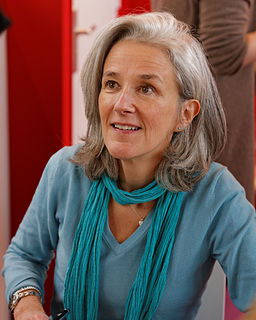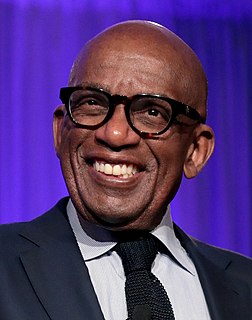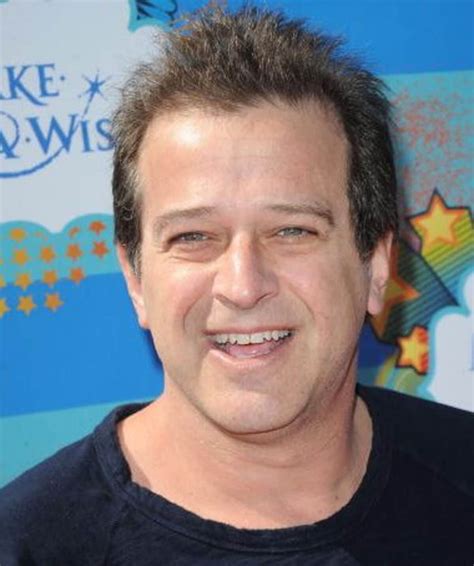A Quote by Orson Scott Card
That was interesting, to find that it wasn't hunger that caused children to become bullies on the street. The bulliness was already in the child, and whatever the stakes were, they would find a way to act as they needed to act. … Intelligence and education, which all these children had, apparently didn't make any important difference in human nature.
Related Quotes
The girl wondered: These policemen... didn't they have families, too? Didn't they have children? Children they went home to? How could they treat children this way? Were they told to do so, or did they act this way naturally? Were they in fact machines, not human beings? She looked closely at them. They seemed of flesh and bone. They were men. She couldn't understand.
When I met Akira Kurosawa in Japan, one question he asked me was, "How did you actually make the children act the way they do? I do have children in my films but I find that I reduce and reduce their presence until I have to get rid of them because there's no way that I can direct them." My own thought is that one is very grand, like an emperor on a horse, and it's very hard for a child to relate to that. In order to be able to cooperate with a child, you have to come down to below their level in order to communicate with them.
The evolution of culture is ultimately determined by the amount of love, understanding and freedom experienced by its children... Every abandonment, every betrayal, every hateful act towards children returns tenfold a few decades later upon the historical stage, while every empathic act that helps a child become what he or she wants to become, every expression of love toward children heals society and moves it in unexpected, wondrous new directions.
Working with children is very different than the way in which I work with adults. I never tell the children the actual truth of the thing that I want them to act. Although children are really into play and play acting, and this is a major part of their existence, they never actually find the playing or acting of adults credible.
Certainly there was the Affordable Care Act part, then unaccompanied children [there has been a surge of children entering the country illegally and without parents, particularly in Texas], and things like, we find smallpox in an NIH lab, after 50 years? Why didn't you find it, like, five weeks ago or three years ago? There was thing after thing. But the big ones were [dealing with] the Ebola [outbreak], the unaccompanied children. [It was] perhaps a bigger challenge than I had calculated on my yellow pad as I was thinking about this role.
The good enough parent, in addition to being convinced that whatever his child does, he does it because at that moment he is convinced this is the best he can do, will also ask himself: "What in the world would make me act as my child acts at this moment? And if I felt forced to act this way, what would make me feel better about it?
As a parent with young children, I would always find little things that bothered me when I was reading bedtime stories or watching shows or listening to children's music. I couldn't find any stories, games or television shows that were fun and exciting while also being morally instructive and patriotic.
Friends serve central functions for children that parents do not, and they play a critical role in shaping children's social skills and their sense of identity. . . . The difference between a child with close friendships and a child who wants to make friends but is unable to can be the difference between a child who is happy and a child who is distressed in one large area of life.
Parents who've not had an education themselves find it hard to explain to their children what a decent education involves, and I completely understand that. Parents themselves need to be educated by schools about what sort of education they should expect for their children. I do think there's a heavy responsibility of the school.






































